Placenta encapsulation can be a wonderful option for many moms. Consuming your placenta may help prevent or manage postpartum mood disorders, enhance milk supply, increase energy and speed the healing process after birth.
Although the risks of placenta consumption are minimal, provided it is prepared in a sanitary manner, there are some contraindications to the practice. In this blog, we’ll go through some of the more common reasons that you may not be a candidate for placenta encapsulation.
Medications:
Any medication or drug used during pregnancy or labor has the potential to enter the placenta. That said, most are filtered out quickly and amounts that remain are trace and unlikely to cause any side effects. If a particular medication was taken, you can speak with your placenta specialist as well as your doctor or midwife to determine if consumption is safe. Most trace amounts of medication that may remain in the placenta will be neutralized by the process of steaming and dehydrating.
External factors:
It can be common for the placenta to come in contact with maternal or neonatal feces during the birth process. If this happens, raw consumption of the placenta is contraindicated due to the presence of potentially harmful bacteria. However, the traditional Chinese method of preparation, which includes steaming the placenta as well as completely dehydrating it, is still considered safe. The contaminated placenta can also be soaked in a vinegar rinse for 10 minutes prior to processing to effectively remove the bacteria. STDs with signs of infection present at the time of birth are considered contraindications for placenta consumption. Likewise, a mother who chronically smoked or used substances during pregnancy should not consume her placenta because of the potentially harmful buildup of toxins.
If your placenta was sent to pathology for any reason, it is contraindicated for consumption (not to mention that it would be nearly if not totally impossible to get it back). This is due to the fact that no one can be certain of what contaminants it may have come in contact with while in the lab so it is too risky to consume it.
Maternal conditions:
GBS positive mothers should not consume their placentas raw, but processing via the traditional Chinese method is still considered safe. Mothers who had PUPPS during pregnancy should discuss with their provider whether placenta consumption is safe. Sometimes consuming the placenta can make symptoms come back during postpartum or worsen an existing rash. These issues may be alleviated by including supplements for liver support while taking the placenta pills, but there may be times when placenta consumption is not advised.
It can be disappointing to have your plans for placenta encapsulation derailed if consumption is contraindicated for any reason. If you still want to use your placenta but are not able to consume, another option is to bury it and plant a tree or rose bush over the spot to commemorate the incredible organ that gave life to your infant.
-Written by Samantha Stancliffe, CPES


